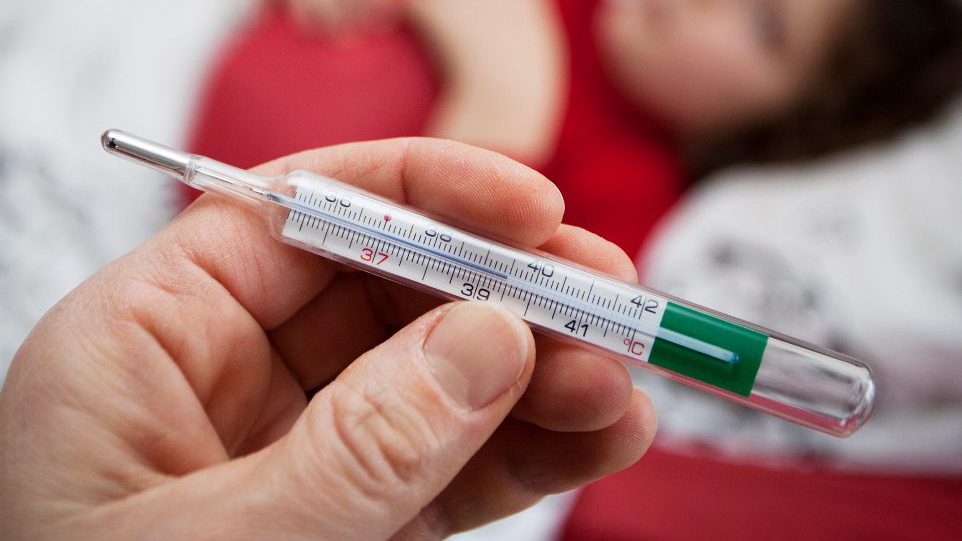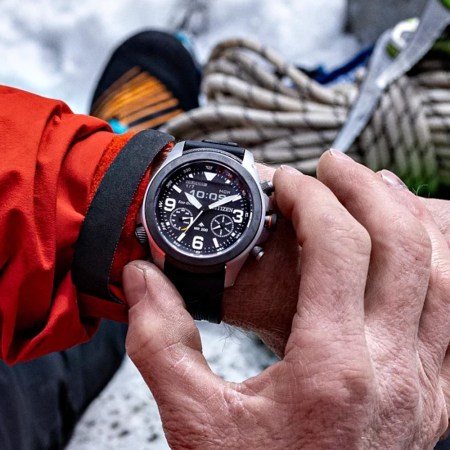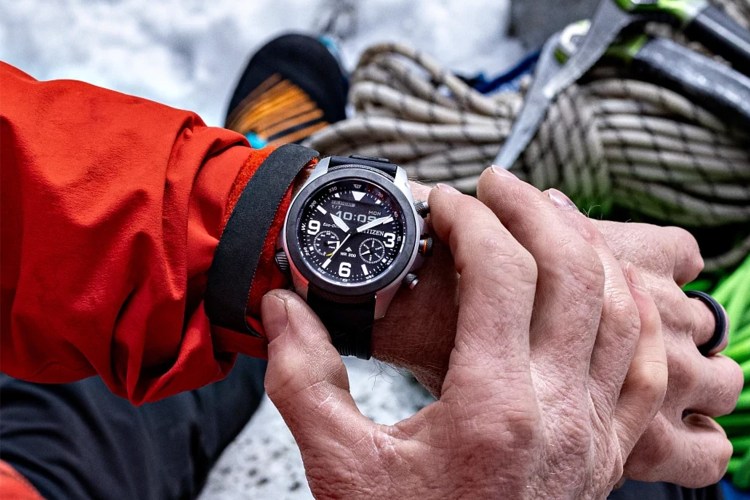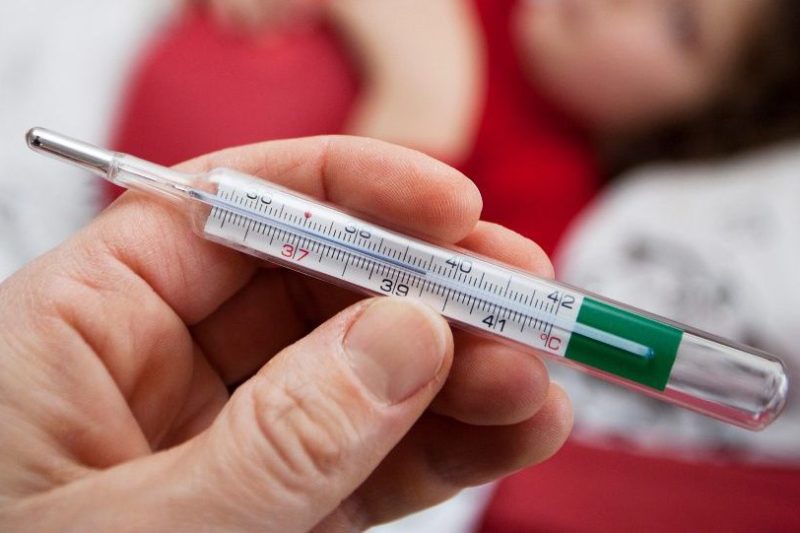
Mankind has little more knowledge about its biology, courtesy of some Koi. A recent study of Koi herpesvirus and its effect on carp has given researchers some new insight into how humans fight off infection.
Koi herpesvirus is a strain of herpes virus that has been decimating carp populations since the 1990s, much to the dismay of fish farms and the industry surrounding them. Finally, Belgian immunologist Alain Vanderplasschen put a team together to figure out a vaccine for it.
The team found that infected fish were attracted to heat, and set up an experiment for which they built a three-chamber tank; one chamber was 75 degrees Fahrenheit (a comfortable water temperature for carp), the second was 82 degrees, and the third was close to 90 degrees. The infected carp settled in the hottest chamber, and after a few days, the virus went into remission.
So if it’s that easy for carp to fight off infection, why don’t they do it right away? The researchers found that the carp didn’t seek out hotter water until almost a week after infection, which gave the virus more time inside its hosts.
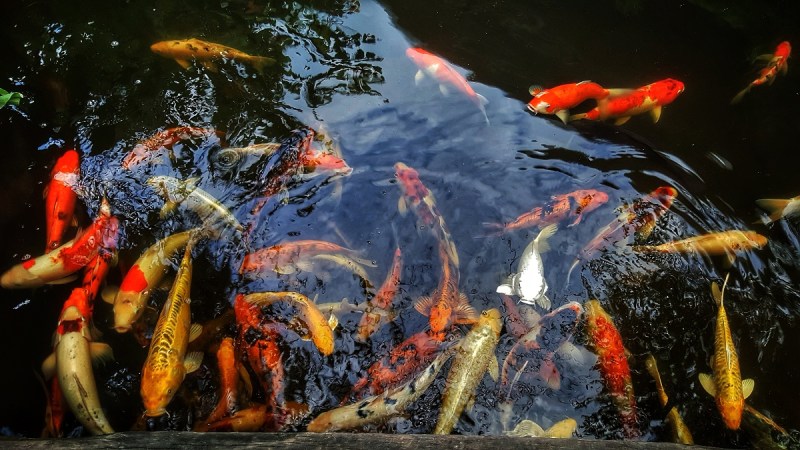
The answer to that question came when they discovered that the virus secretes decoy receptors into the carps’ bloodstreams, confusing the protein that signals their immune systems to attack. That protein, TNF-alpha, does the same thing for the human immune system. Basically, it tells the body that it’s time for a fever.
“The two mechanisms rely on the same set of initial molecules, which is really fascinating and unexpected,” Vanderplasschen told NPR. He went on to explain that fevers are left over from an era when animals could generate their own heat. In this way, fevers are a survival mechanism that alert the immune system to attack infections.
It just goes to show why scientific research, no matter how arbitrary it may seem at first. You never know what you might learn, or where those insights might lead.
—RealClearLife Staff
Whether you’re looking to get into shape, or just get out of a funk, The Charge has got you covered. Sign up for our new wellness newsletter today.
